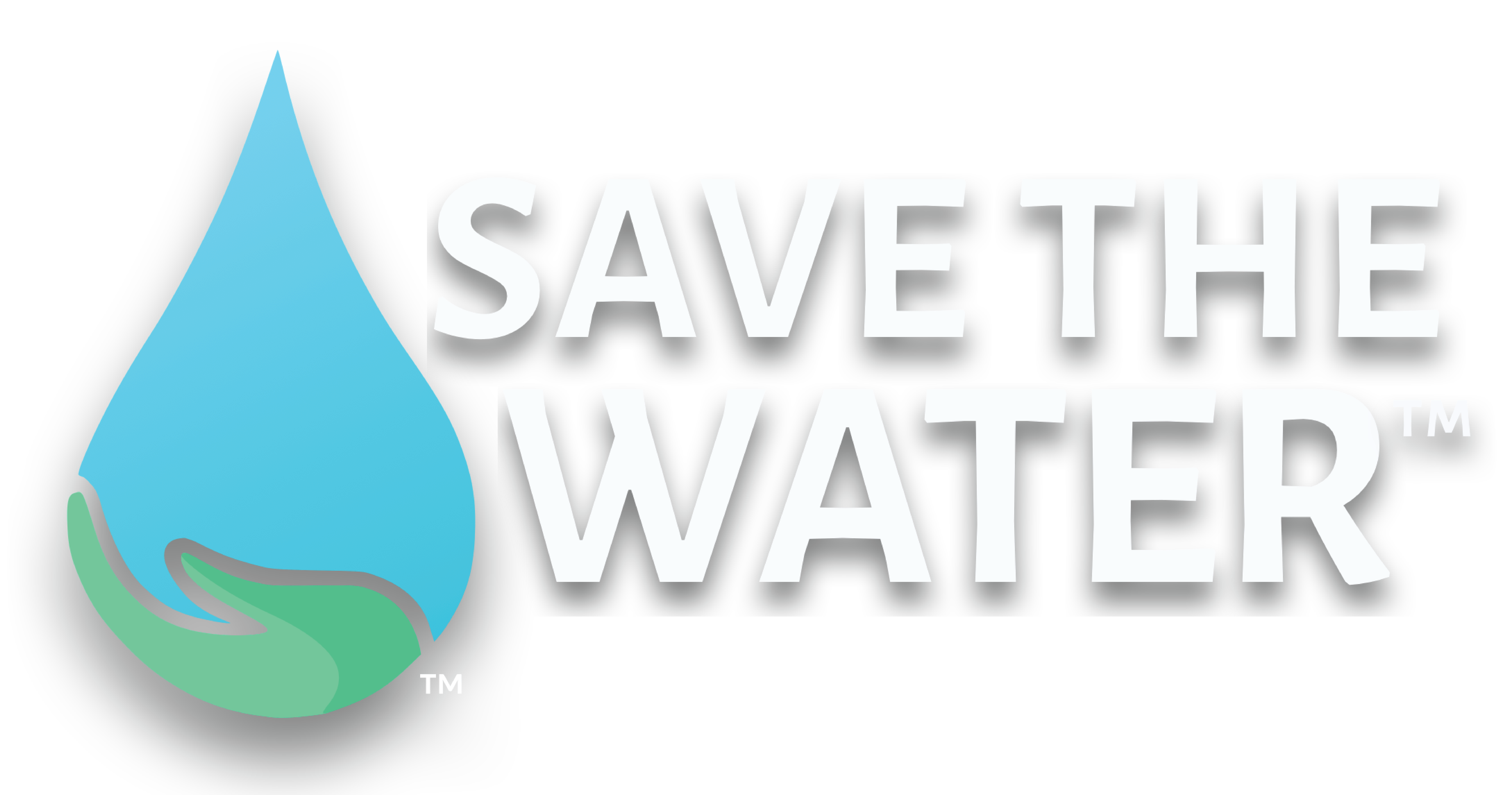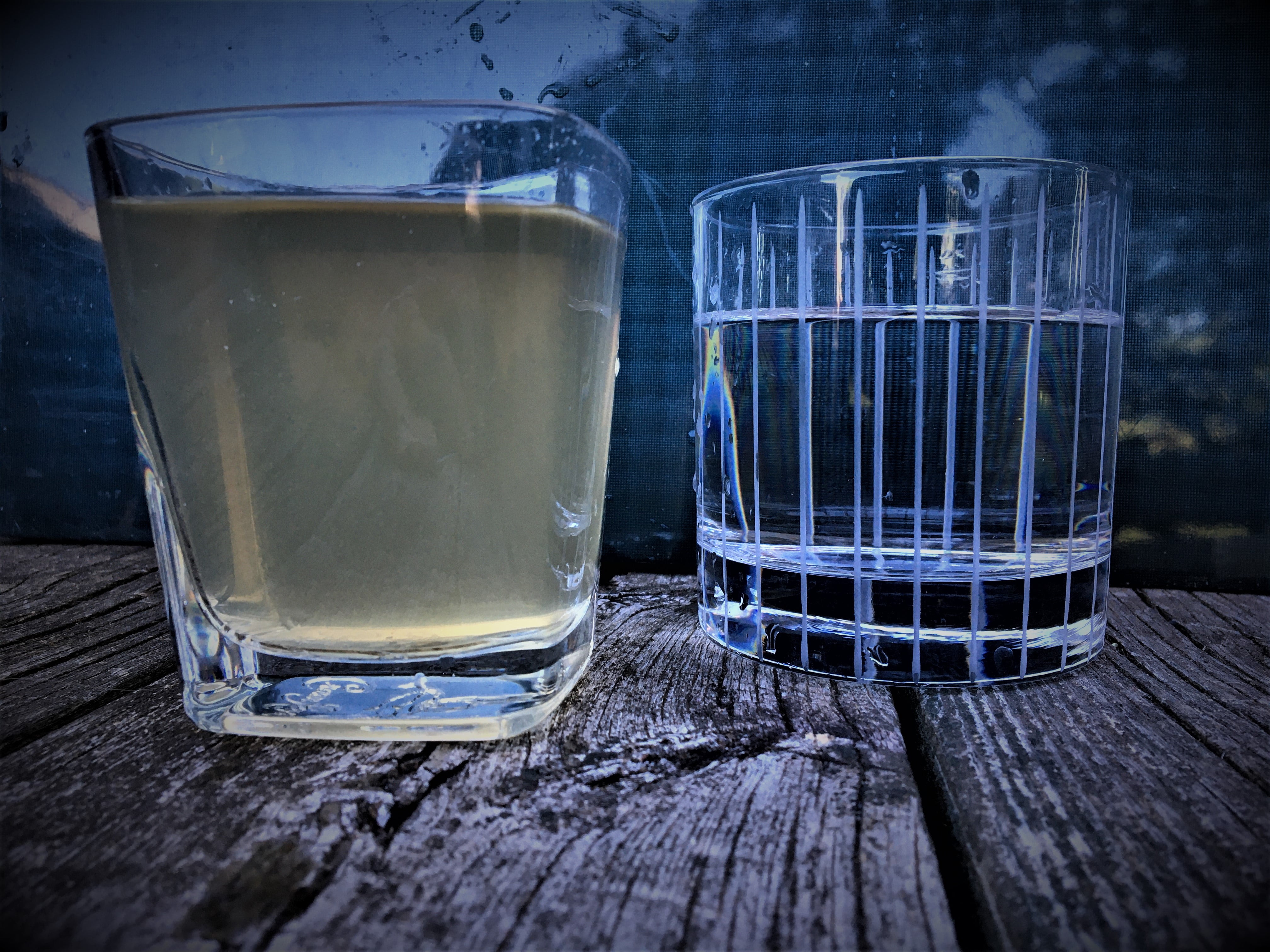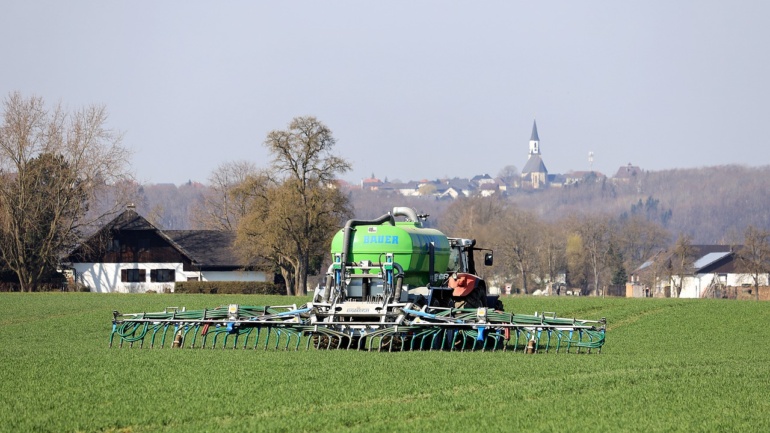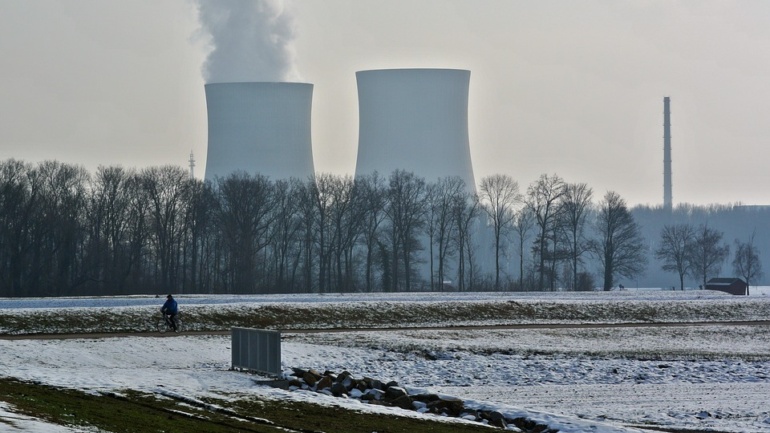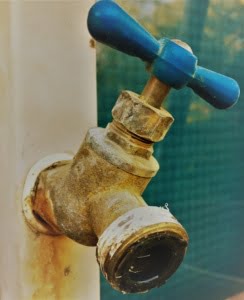
By Harry Petaway, Staff Writer and Researcher for Save the Water™ | May 31, 2020
Clean water is essential during a pandemic
Time will tell the real impact of COVID-19. However, this crisis and the fundamental strategy to fight the virus bring both disparities and concerns about access to clean water for both drinking and sanitation. Clean water is essential during a pandemic. Many of us volunteer for organizations like Save the Water because we recognize the importance of clean, safe water. I joined the organization after my experience living 20 minutes away from the water crisis in Flint, Michigan, which captured national headlines in the United States.
Access to water before the pandemic
Flint, Michigan, was a classic tale of the disparities that exist across communities for access to clean water. Thousands of residents were exposed to excessive levels of lead due to the failure of governing bodies to treat the water and supply access to city residents correctly. Subsequently, water was not safe to drink. Unfortunately, this phenomenon of contaminated drinking water continues throughout the United States and extends beyond lead, with emerging pollutants and chemicals such as PFAS and other toxins. Furthermore, residents in communities across the country must use bottled water and hand sanitizer instead of dirty and contaminated water sources. Water in other cities like Detroit, Michigan, has been shut off for many residents that could not afford to pay their bills. Globally, water scarcity is a threat for over 40% of the world’s population.
Water crisis during the pandemic
Today, humans worldwide have attacked the COVID-19 curve through behaviors like “shelter in place.” The World Health Organization (WHO) emphasizes that safe water and sanitation practices like hand washing is crucial during the pandemic. To that end, there are countless campaigns to increase the time and frequency of hand washing. This brings the frustration and debate about clean water and access to water back to the surface, creating difficult decisions by community leaders on how to approach the problem. The fear of these unfamiliar circumstances drove many consumers to deplete bottled water supplies from local stores. This was especially impactful in lower-income communities that already had limited access to stores that supply both food and water.
Similarly, hand sanitizer is also in short supply. Residents in cities like Flint had the difficult decision of whether or not to use the tap water in their homes. It also creates a difficult decision for community leaders to determine when water sources that were deemed unsafe should be turned back on.
Furthermore, communities have had to make difficult decisions on how to restore water services for residents whose water was shut off because they could not pay their bills. For example, more than 23,000 homes lost water service in Detroit in 2019, leading thousands of residents to apply for Detroit’s Coronavirus Water Restart Plan. Other communities across the United States offered similar programs in March for more than 57 million residents across 90 cities and states. However, there is no national database that tracks US households that do not have water.
Poor communities in the US struggled with access to available water for people that could not pay their bills. Other countries like Ethiopia and India have broader challenges with water shortages, which also existed before the pandemic.
What can we do?
Clean water is essential during a pandemic. Countries like Ethiopia have taken innovative steps like solar-powered wells to bring water to their residents. They have also employed sophisticated monitoring technology such as drones to track and store data to determine how water resources are allocated. Local organizations in the United States have stepped in to try and mediate the water crisis. Some have taken measures to pay for water services for residents that could not pay their bills. Others created bottled water distribution supply chains for older and ill residents receiving donations from charitable organizations before social distancing measures took effect. We should continue to support organizations that keep essential topics like water quality and water scarcity in front of mind. This is especially true as they become exacerbated amid public health crises such as severe weather events and disease outbreaks.
References
Lakhani, Nina. March 2020. “90 US cities and states suspend water shutoffs to tackle coronavirus pandemic.” The Guardian. Retrieved from https://www.theguardian.com/world/2020/mar/16/90-us-cities-and-states-suspend-water-shutoffs-to-tackle-coronavirus-pandemic
Nicol, Alan. May 2020. “The Pandemic is Laying Bare a Global Water Crisis.” Foreign Policy. Retrieved from https://foreignpolicy.com/2020/05/12/coronavirus-pandemic-global-water-crisis/.
Nguyen, Erika and Somayajula, Namratha. March 2020. “Access to Water Vital in COVID-19 Response”. Human Rights Watch. Retrieved from https://www.hrw.org/news/2020/03/22/access-water-vital-covid-19-response-0
Sunderland, Elsie M; Hu, Xindi C; Dassuncao, Clifton; Tokranov, Andrea K; Wagner, Charlotte C; Allen, Joseph G; . 2018. “A review of the pathways of human exposure to poly-and perfluoroalkyl substances (PFASs) and present understanding of health effects.” Journal of exposure science & environmental epidemiology. Retrieved from https://www.nature.com/articles/s41370-018-0094-1
Shah, Khushbu. April 2020. “The pandemic has exposed America’s clean water crisis.” Vox. Retrieved from https://www.vox.com/identities/2020/4/17/21223565/coronavirus-clean-water-crisis-america

